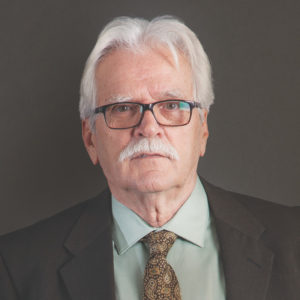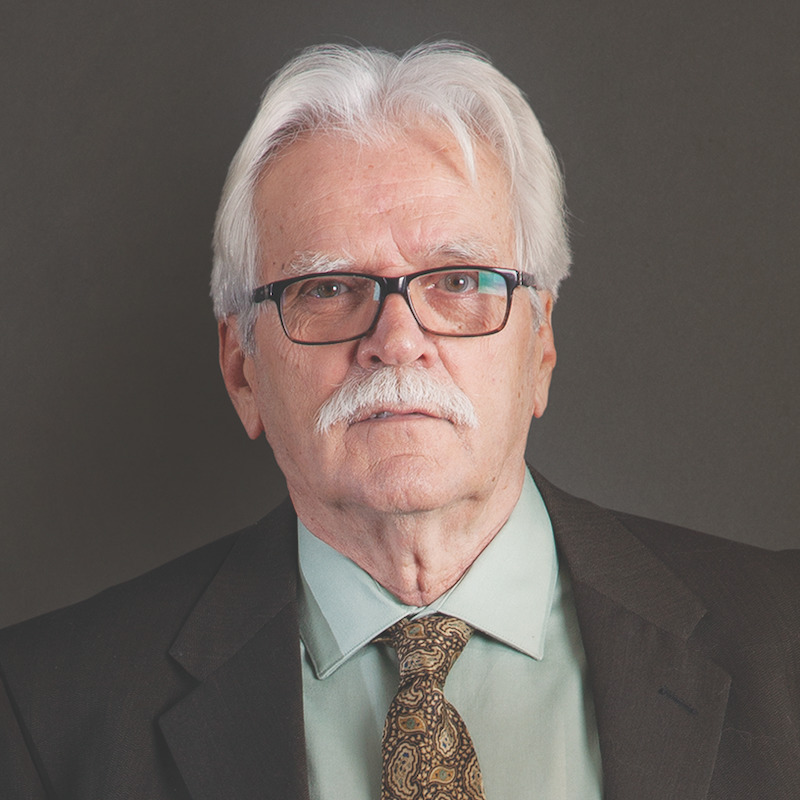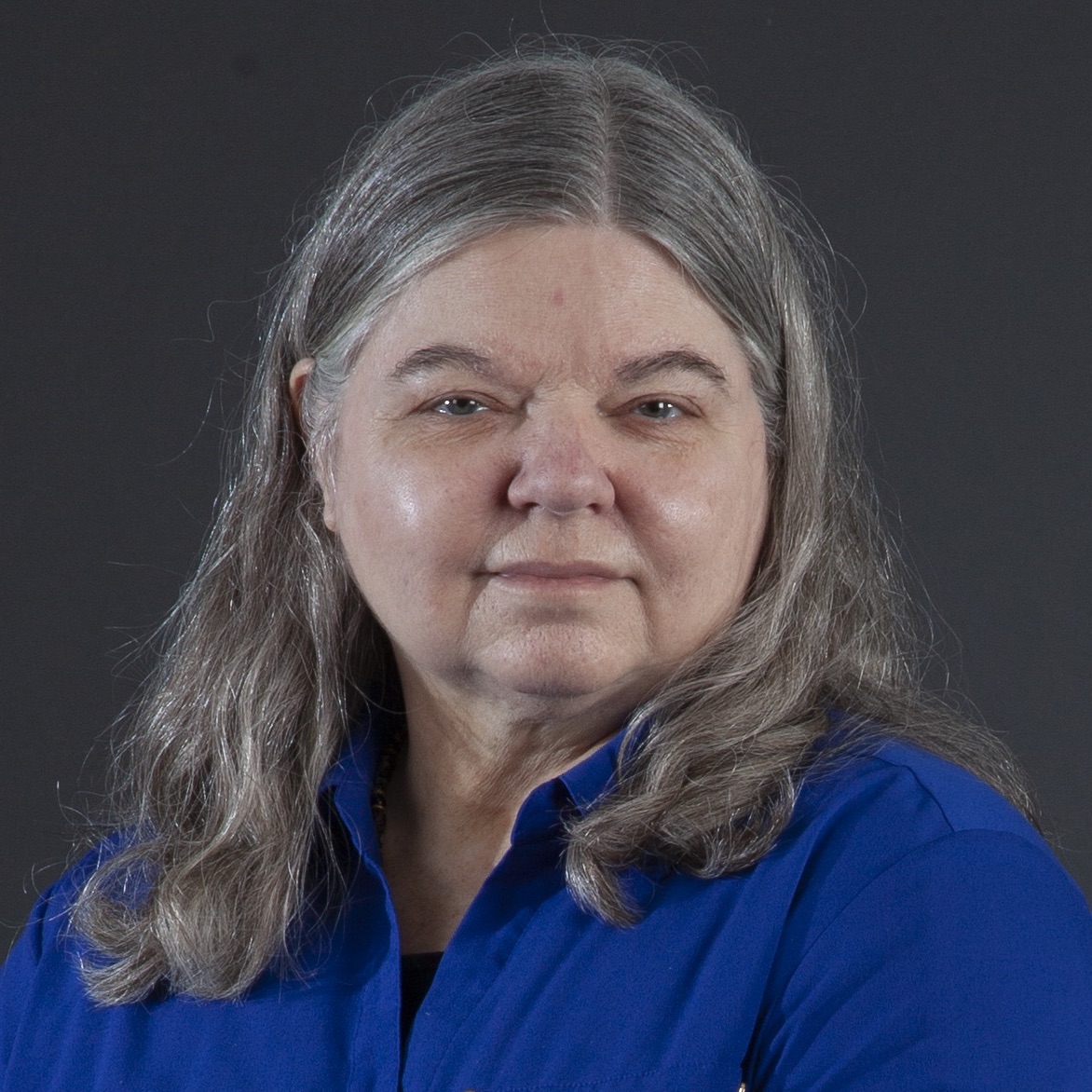Prisoners’ Rights Clinic
Prisoners’ Rights Clinic
“We are so lucky to have such dedicated, smart, hard-working students.
I’m just amazed at what they do. Every time we raise the bar, they meet or exceed it.”- Professor Wally Holohan
Since it was launched in 1979 by a small group of dedicated Northeastern law students with federal grant funding, the Prisoners’ Rights Clinic has assisted more than a thousand men and women incarcerated in Massachusetts prisons and jails, providing them with free legal assistance on a variety of serious criminal issues, including disciplinary charges, parole applications, parole revocation and more.
Each student handles a complex public parole release hearing for a prisoner serving a life sentence. These hearings tend to be very emotionally charged since the victim, or victim’s family in murder cases, generally show up to oppose the granting of parole. In handling these cases from start to finish, students develop a variety of trial skills, including learning how to conduct direct and cross-examinations, reviewing transcripts and records, investigating the client’s background and developing other evidence, preparing the client for questioning by a prison or parole board, and representing the client before the boards. They also learn to write successful administrative appeals.
"If someone wants to be a public defender, this is one really good way to learn. Students get an enormous amount of experience in these cases,” says Professor Wally Holohan, director of the clinic since its inception, who supervises the students along with Patricia Garin ’84, an adjunct professor. In addition to client representation, the clinic regularly presents a survey of the constitutional law related to the sentencing process and the rights of prisoners while incarcerated and on parole.
This clinic even took one of its cases to the US Supreme Court — and won. In Ponte v. Real, students represented an inmate charged with fighting who wasn’t allowed by prison officials to call supporting witnesses at the disciplinary hearing, was found guilty and lost “good time” credits. Jonathan Shapiro, a distinguished criminal defense attorney who’d taught a prisoners’ rights course at Northeastern and had inspired students to start the clinic, argued the case before the Supreme Court, assisted by Garin.
Contact Us
Prisoners’ Rights Intake Desk: 617.373.3660.


